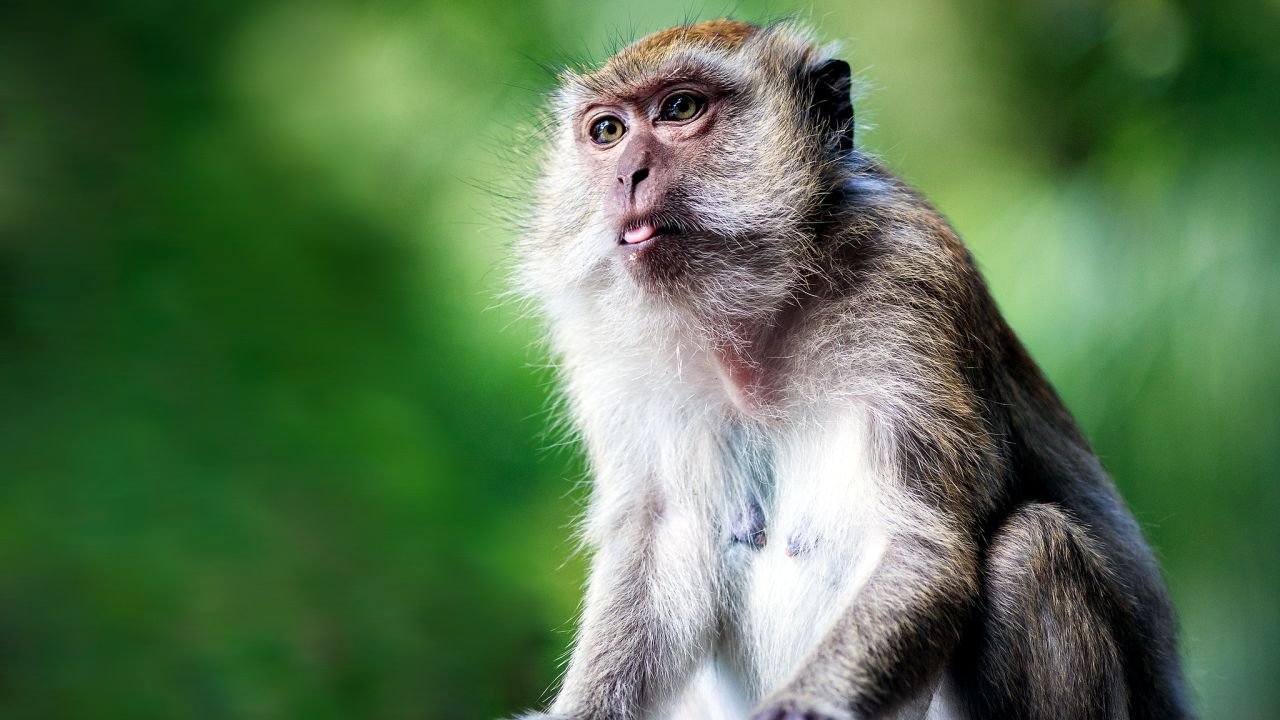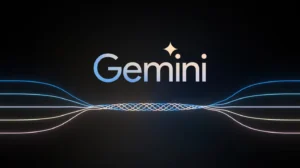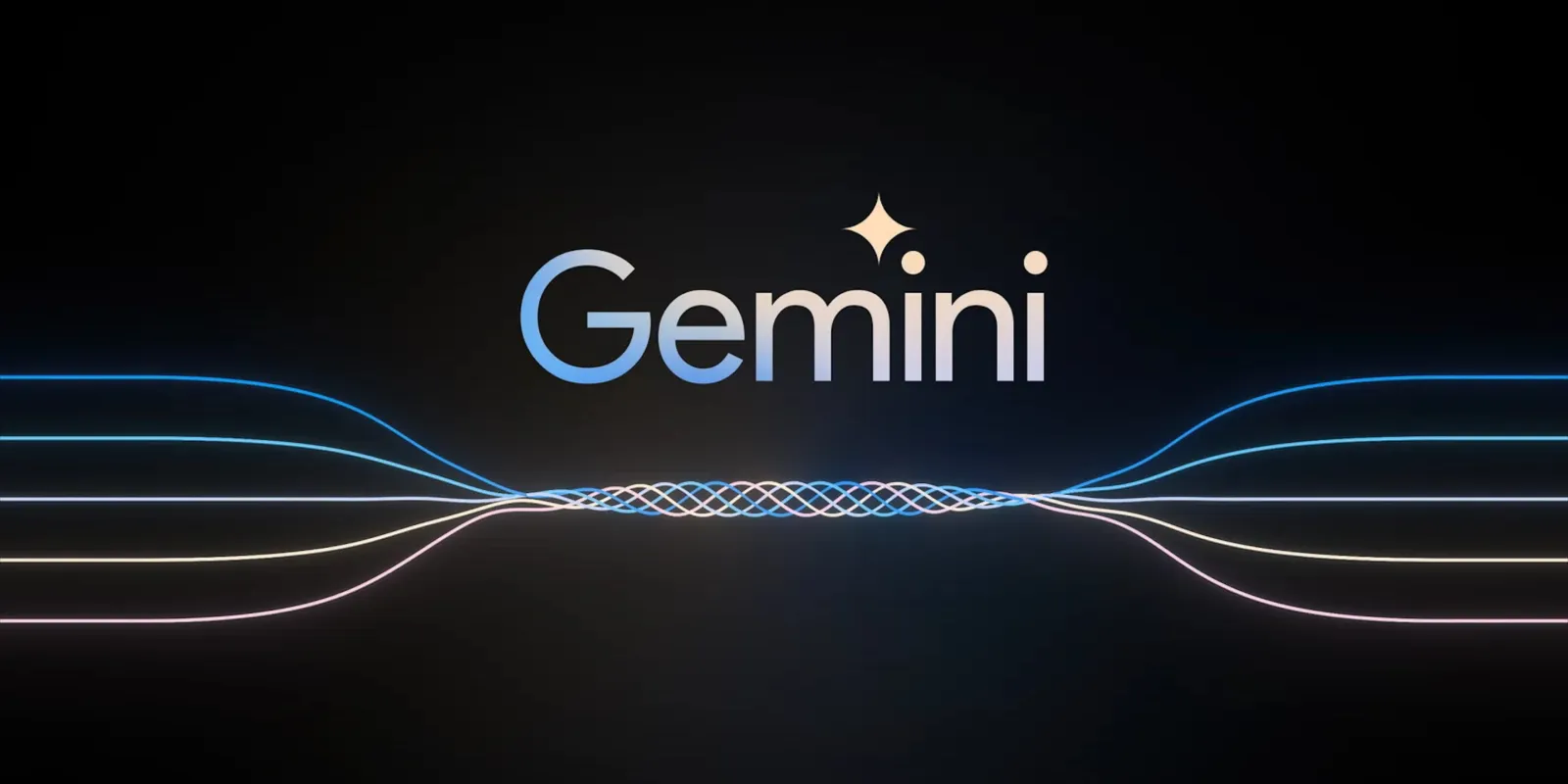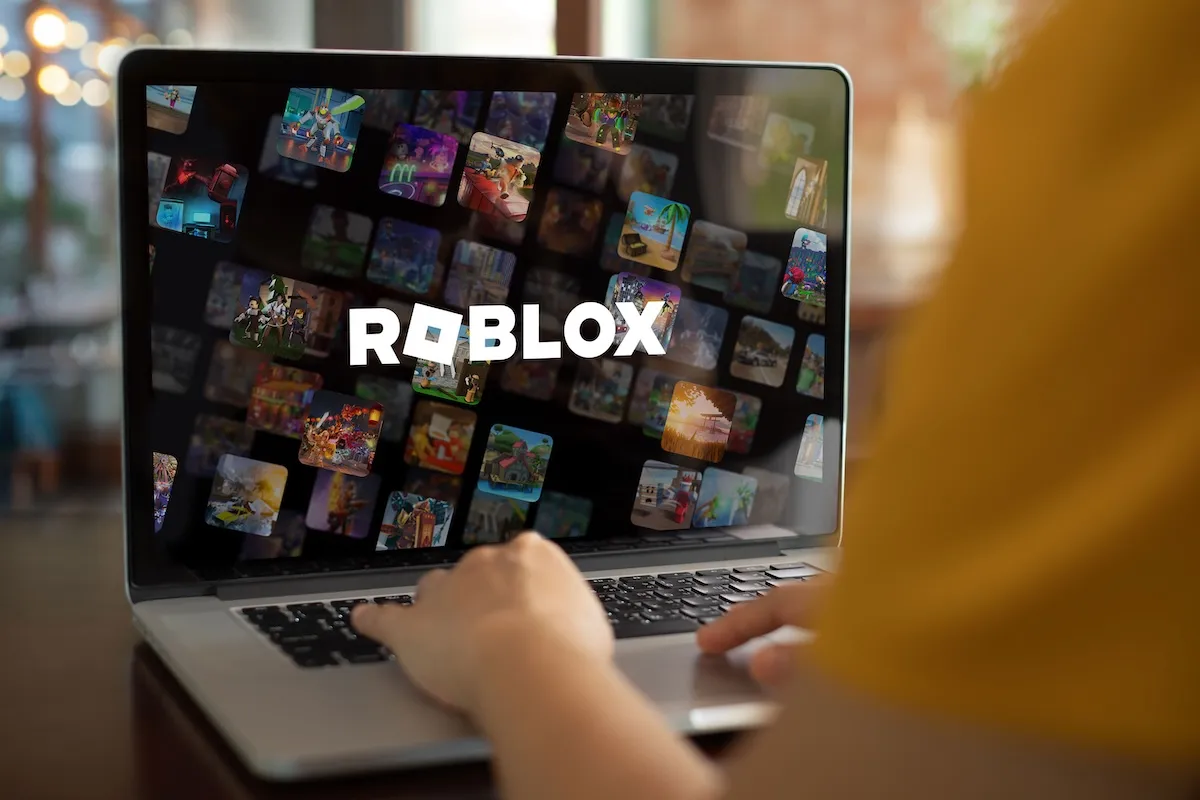A scientific study from the Georgia State University claims that monkeys share the same perception of illusions with apes and human beings. The study suggests that monkeys and humans perceive and misperceive the world in the same manner, thus adding to the similar traits between the two species. The study also creates a lot of insight on how monkeys decipher their physical environments.
The research exposed the rhesus and capuchin monkeys to the Delbouef illusion. According to the research findings, the monkeys saw the illusion in the same way that a human adult would perceive the illusion.
The Delbouef Illusion involves a dot surrounded by a ring. Humans usually perceive the dot in the bigger ring to be smaller than the dot in the smaller ring while, in essence, the dots are the same size.
The illusion has been extensively used to study human perception in the past but only recently has the study been applied on monkeys.
Audrey Parrish from Georgia State University led the study as part of her doctoral dissertation. She revealed that the study indicates that humans and monkeys share some similar traits in their perceptual systems.
She further added that the two species perceive and misperceive some physical stimuli in the same manner. However, the study does not indicate that primates and non-primates see the world in the same way. It only suggests that monkeys are an ideal specimen for further research on human perception.
The study also claims that some visual context influences perception in ways that are similar across different species.
The research experiment involved both humans and monkeys. The human test subjects operated on personal computers using digital monitors and a mouse to select their choices.
Each correct choice was awarded by a series of written feedback on the screens. The monkeys used a combination of color monitors on PCs and joysticks. They were rewarded with food pellets for the right responses.
The research findings were filed in the Journal of Experimental Psychology: Animal Learning and Cognition last month.


















